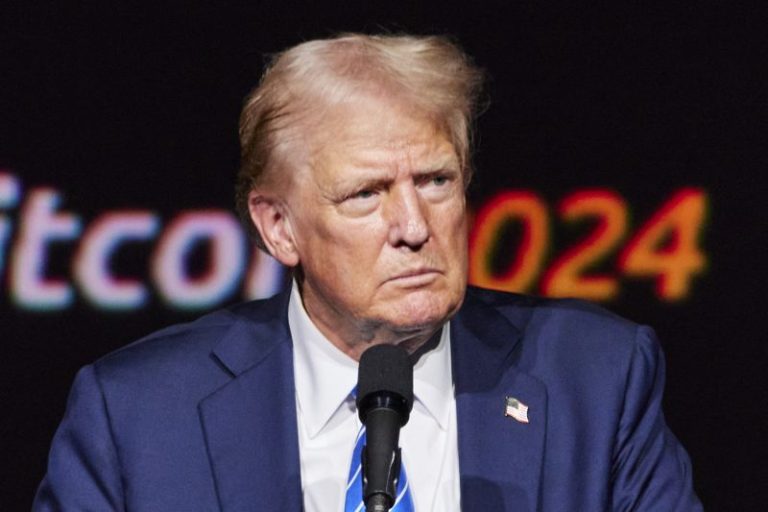In the digital age of information overload, deciphering the truth from a barrage of falsehoods has become a daunting task. The rapid spread of misinformation, especially when propagated by influential figures, poses a significant threat to the public’s understanding of critical issues such as debt and taxes. One such figure who has been widely criticized for his fusillade of falsehoods on these topics is former President Donald Trump.
Debt, a complex economic concept with wide-ranging implications, has been a persistent point of contention in political discourse. Trump, during his time in office, repeatedly claimed that he would eliminate the national debt over a period of eight years. This ambitious promise, however, was met with skepticism from economists and financial experts who pointed out the impracticality of such a plan. While it is true that Trump implemented tax cuts and deregulation policies aimed at boosting economic growth, the resultant increase in the deficit further fueled doubts about his ability to reduce the national debt.
Moreover, Trump’s claims regarding taxes have been equally scrutinized for their accuracy. The former president asserted that the Tax Cuts and Jobs Act of 2017 would primarily benefit the middle class, a statement that was contradicted by numerous analyses of the legislation. Critics argued that the tax cuts disproportionately favored the wealthy and corporations, exacerbating income inequality and widening the wealth gap in the country. Trump’s misleading portrayal of the tax reform as a boon for average Americans highlighted the dangers of distorted narratives in shaping public perception of complex fiscal policies.
The alarming prevalence of falsehoods surrounding debt and taxes underscores the pressing need for accurate and impartial information in public discourse. In an era marked by disinformation and fake news, individuals must exercise critical thinking and due diligence when evaluating claims made by public figures. Fact-checking and seeking multiple sources of information are essential practices in navigating the pervasive spread of misinformation and ensuring a well-informed citizenry.
As we confront the challenges of a rapidly changing world, the importance of truth and transparency in discussions about crucial issues like debt and taxes cannot be overstated. By holding leaders and policymakers accountable for their statements and policies, we contribute to a more informed and responsible society where facts, not falsehoods, drive meaningful change. In the face of a fusillade of misleading claims, it is incumbent upon each of us to uphold the value of truth and integrity in public discourse.



